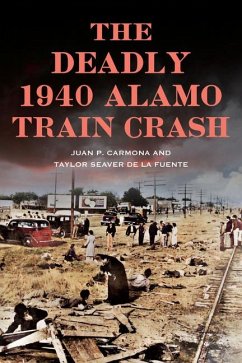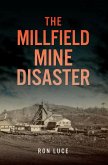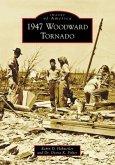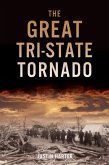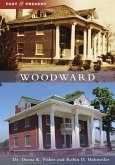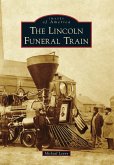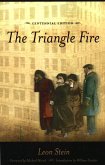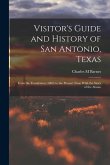On March 14, 1940, a train heading west along Highway 83 from Donna to Alamo struck a truck driver turning north from the highway onto Tower Road. The horrific crash killed twenty-nine of about forty-five farmworkers who were on the truck. A one-day investigation faulted the truck driver and led to meager court settlements for the devastated families. In the wake of these events, several of the victims' children and grandchildren became lawyers and some of the first Mexican American judges in South Texas. Juan Carmona and Taylor Seaver De La Fuente revisit the deadliest traffic accident in Texas history, while seeking to preserve the stories of Mexican and Mexican American farmworkers and their relatives whose backbreaking contributions continue to feed our country to this day.
Hinweis: Dieser Artikel kann nur an eine deutsche Lieferadresse ausgeliefert werden.
Hinweis: Dieser Artikel kann nur an eine deutsche Lieferadresse ausgeliefert werden.

